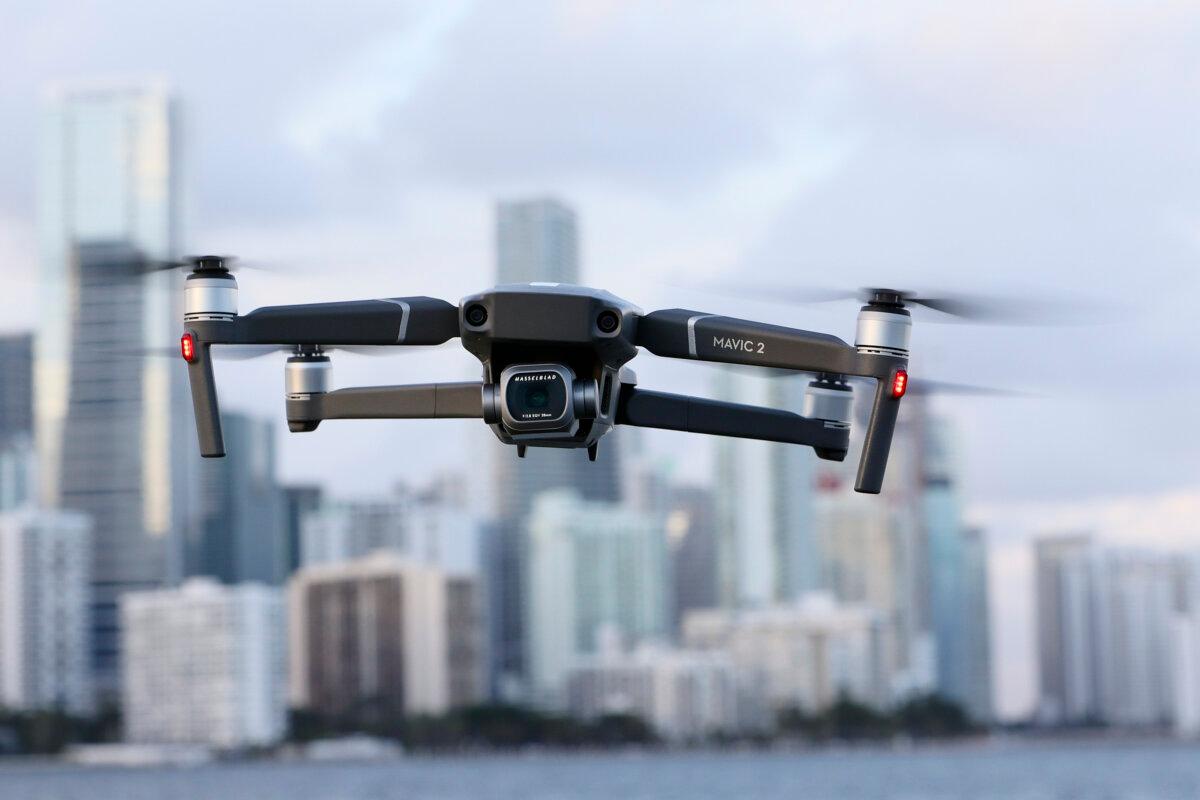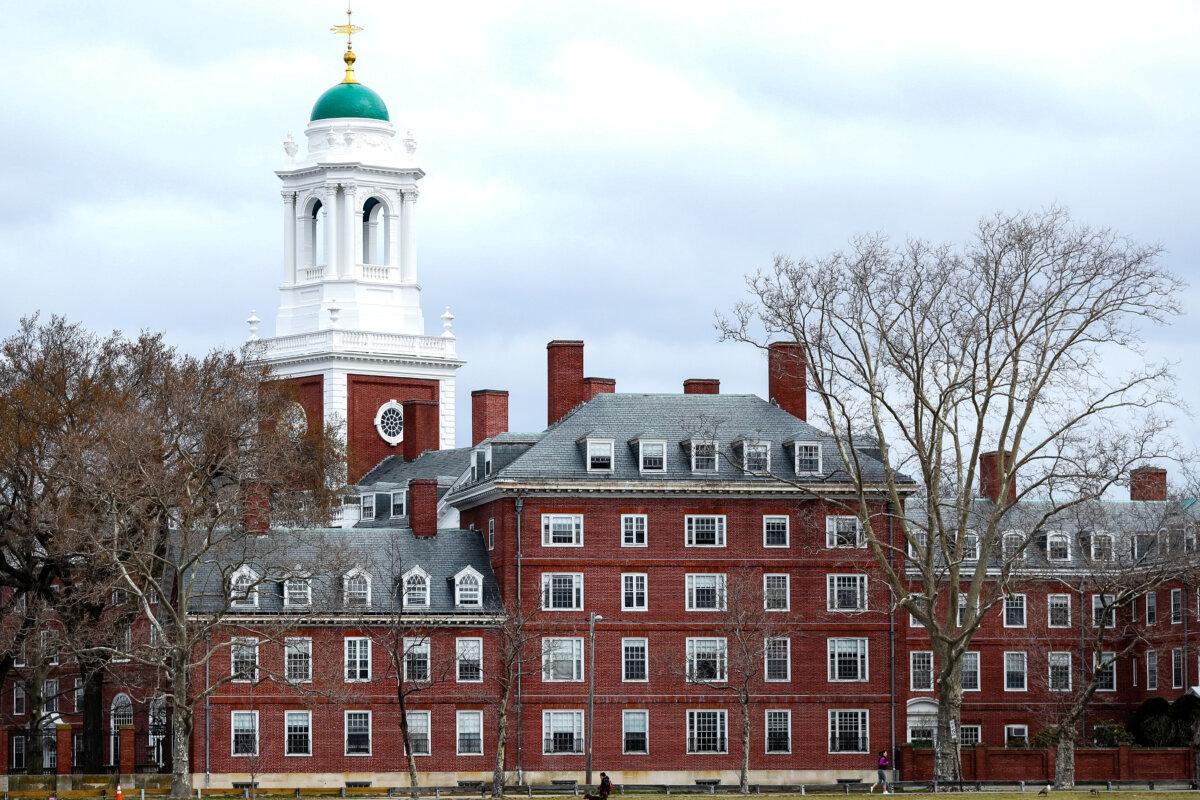The 20-some bills teed up for fast-tracking focuses on addressing the CCP’s threat to the United States in two main areas: technology and influence.
WASHINGTON—After a monthlong recess, House lawmakers are voting on a flurry of China-related legislation during their first week back.
Adding a China Week amid other priorities, most notably the pressure to pass spending bills, has bipartisan support and shows the congressional consensus that the Chinese regime poses the most significant national security risk to the United States. That position will likely continue in the next administration regardless of who wins the election in November.
The 20-some bills teed up for fast-tracking focuses on addressing the CCP’s threat to the United States in two main areas: technology and influence.
Seven bills aim to prohibit communist China from breaching U.S. security via insecure devices or predatory data collection, including Chinese drones, port cranes, and biotech companies collecting the genetic data of Americans.
Another seven bills aim to support the U.S. global technological leadership by fending off Chinese espionage and strengthening export controls.
Four other bills seek to reduce Chinese influence in U.S. elections and universities through restrictions tied to foreign funding.
Protecting Americans From CCP Technology
The China-related bills show an overwhelming concern about the communist regime using technology to infiltrate U.S. critical infrastructure or collect Americans’ personal data.
“The Chinese Communist Party is working to undermine American sovereignty by forcing Americans to rely and depend on insecure Communist Chinese technology,” Stefanik said on the House floor. “Nowhere is this more evident than in the drone industry.”

In this photo illustration, a DJI Mavic 2 Pro made by the Chinese drone maker hovers in place in Miami, Fla., on Dec. 15, 2021. Joe Raedle/Getty Images
A key difference between the sector and other high-tech industries, such as semiconductors, is the moral and ethical element.
If China is the first to achieve dominance in cutting-edge biotechnologies, it will set the ethical standard in a way that favors the CCP while disadvantaging Western democracies that may use the technology differently.
Rep. Jim McGovern (D-Mass.) voiced concerns that the Commerce and the Defense Departments do not currently blacklist the named companies in the bill. The Congressman, who is sanctioned by China, said he just wanted a “more thorough process” in banning specific companies. Therefore, he requested a recorded vote, which will be conducted later tonight.
John Moolenaar (R-Mich.), chair of the House China panel and one of the original sponsors of the BIOSECURE Act, told The Epoch Times in an emailed statement today: “It is Congress’s constitutional duty to write national security laws, and that includes the authority to investigate and name foreign-adversary-controlled companies in law because of the threat they pose to national security. And make no mistake: BGI, WuXi AppTec, and Wuxi Biologics all pose unacceptable threats to national security. The evidence is clear and available to all Members.”

The Harvard University campus in Cambridge, Mass., on March 23, 2020. Maddie Meyer/Getty Images
Curbing Chinese Influence on US Soil
Chinese influence on American universities and its role in interfering in U.S. elections have been well documented by government agencies and think tanks.
Another two bills, sponsored by Reps. Nicole Malliotakis (R-N.Y.) and August Pfluger (R-Texas), seek to address the issue.
“It is time that we draw a line in the sand—either you support national security, or you do not,” Pfluger said in an emailed statement to The Epoch Times.
The proposed bills are relatively reserved in their scope and are likely to win broad bipartisan consensus, partly due to Republicans’ slim, four-seat majority.
Several of these bills order studies into an issue, with some matters requiring more action—like restricting outbound investment to China and ending the de minimis privilege (which exempts shipments under $800 from tariffs) on Chinese goods—left out entirely.
President Joe Biden hasn’t indicated whether he endorses the initiative, which would likely be necessary to get the bills through the Democrat-controlled Senate.
Catherine Yang has contributed to this report.
Original News Source Link – Epoch Times
Running For Office? Conservative Campaign Consulting – Election Day Strategies!


